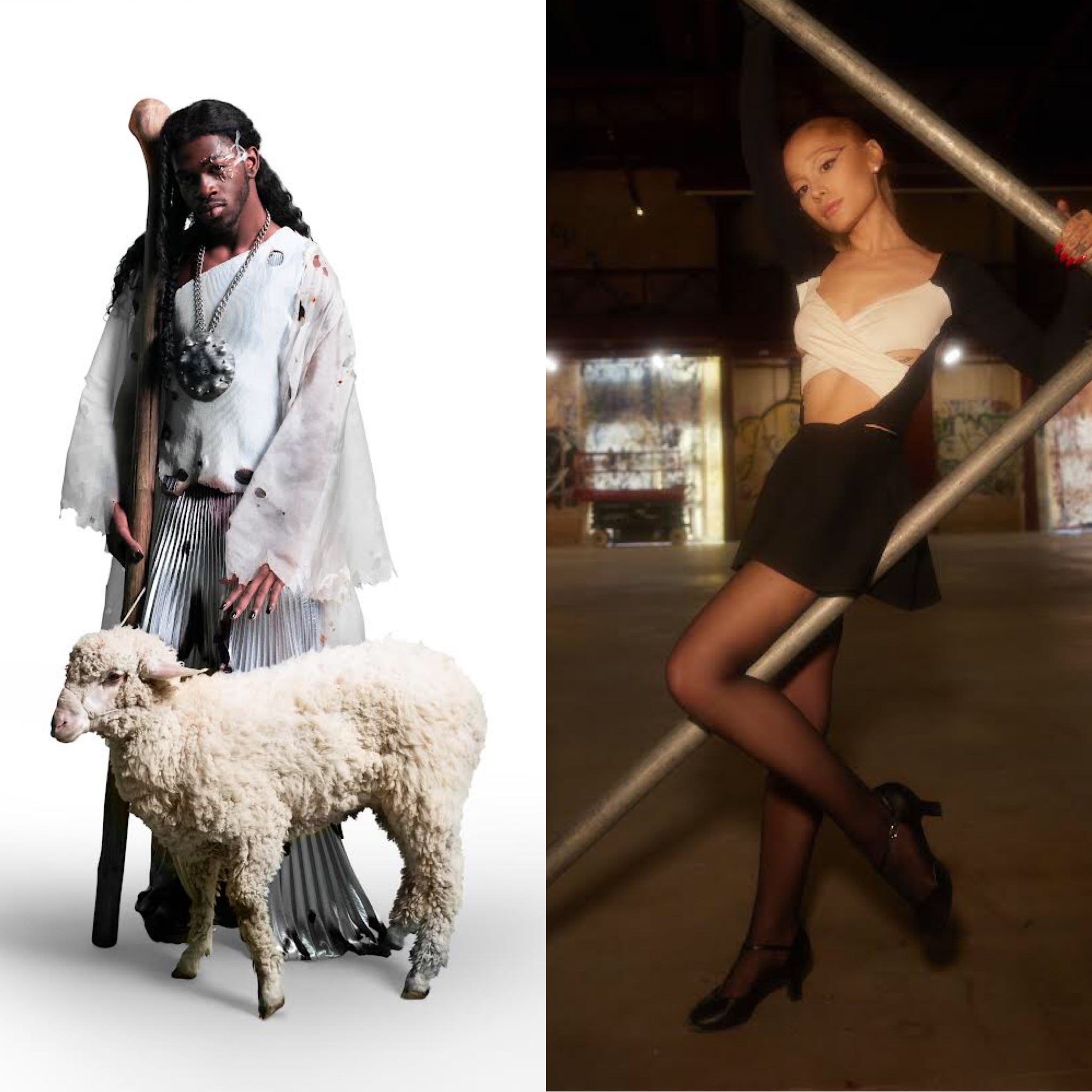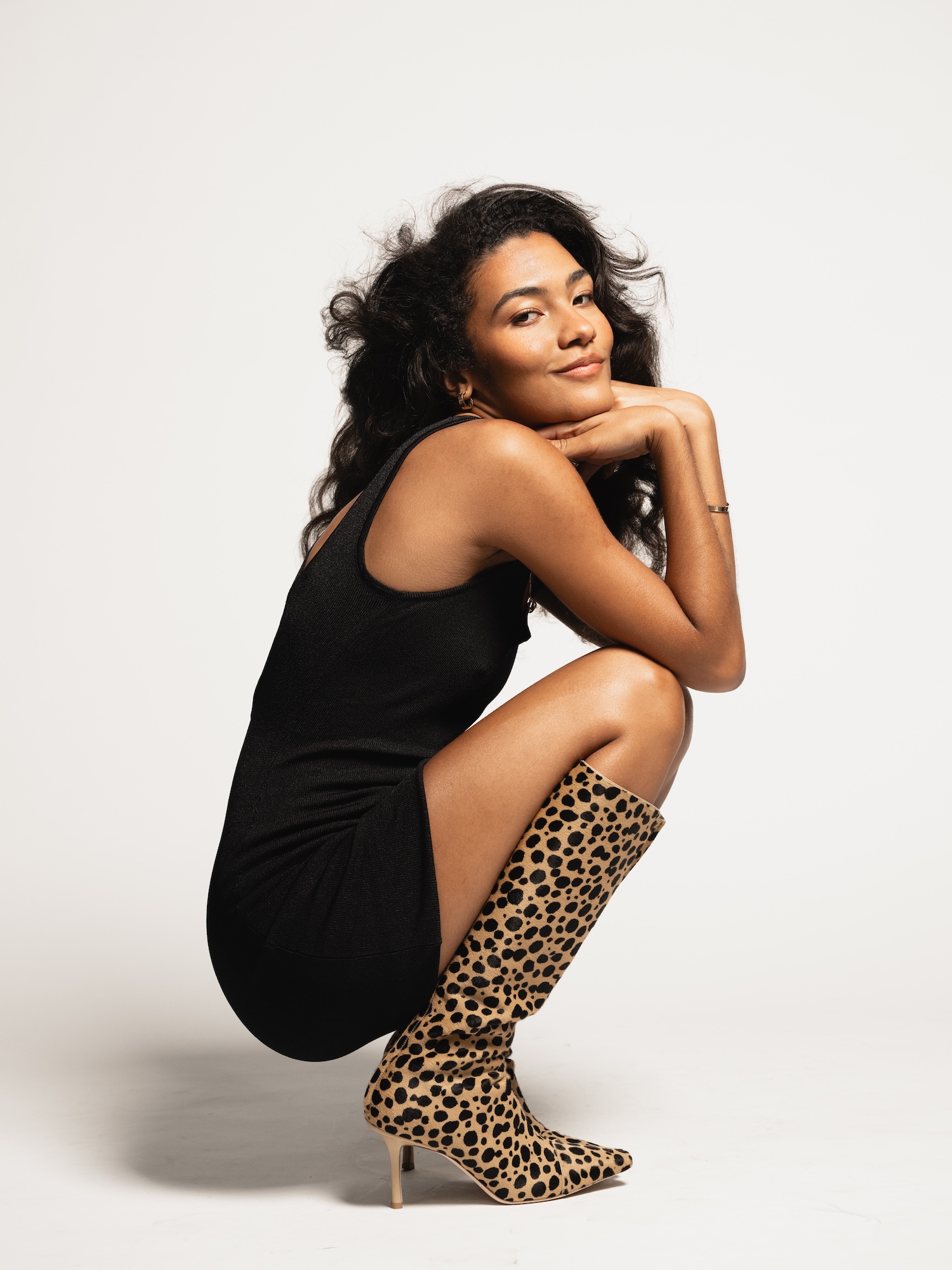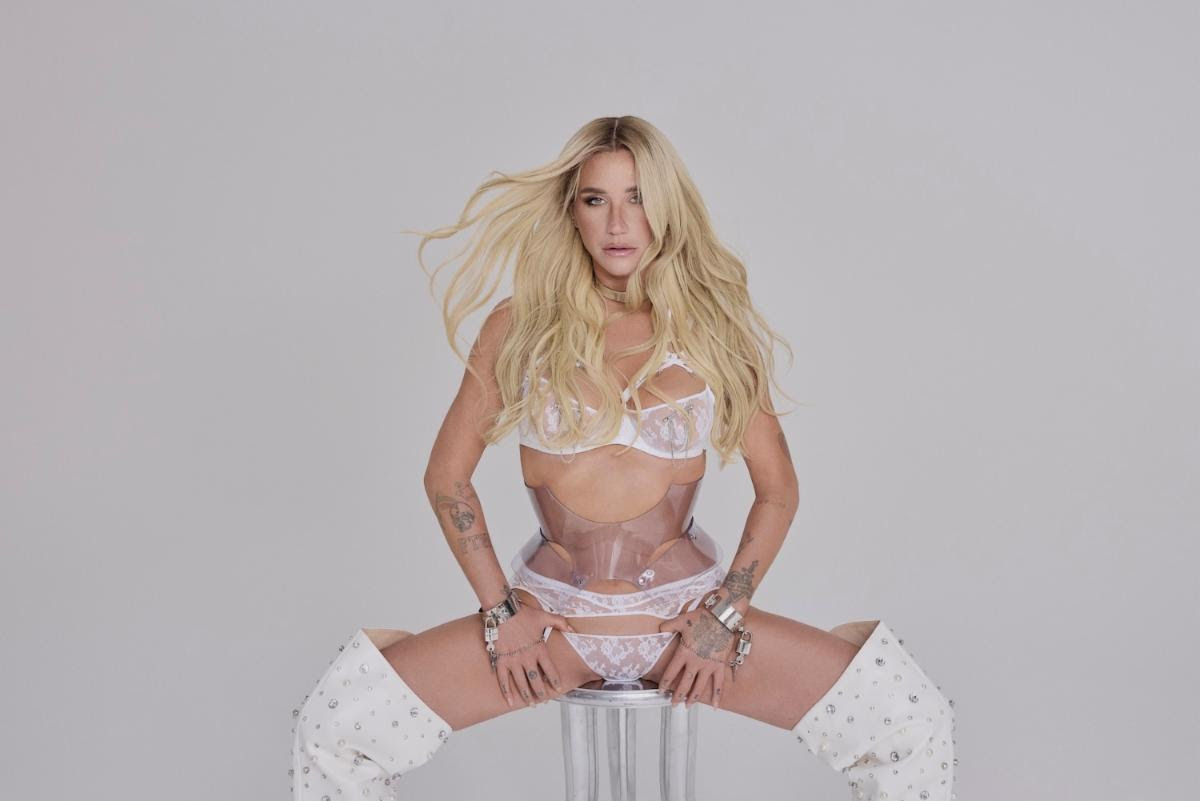January is traditionally a slow time for albums. Singles are another story; the beginning of the year can be a quite lucrative time for pop artists to drop their lead singles. Perhaps it's the whole new-year-new-era thing. Perhaps it's because a January single release sets up nicely the spring album release, then the summer album tour. But to illustrate: For over half of 2023, the #1 spot on the Hot 100 was occupied by either Miley Cyrus' "Flowers" or Morgan Wallen's "Last Night," both of which were released in January.
Right now, the #1 song on the chart is frat-rapper Jack Harlow's awful "Lovin' On Me." The #1 song on the charts this week, by all sales indications, will most likely continue to be Jack Harlow's awful "Lovin' On Me." That's not for lack of competition. At least two major pop stars have released tracks that, a decade ago, might have been huge, monoculture-dominating event singles (and might have dethroned this absolutely awful song).
What's going on? You could cite (as many have) any number of factors: platforms and pop culture becoming increasingly fragmented, or whatever opaque calculations are happening with chart formulae and recommendation algorithms and marketing budgets. The crux of it, though: A song doesn't become a huge event single without the public, at some level, endorsing it. These songs are kind of mid, and their surrounding events are kind of exhausting.
Ariana Grande, "Yes, And?"
The Song: "Vogue," except the spoken-word bridge isn't Old Hollywood but the "unbothered, moisturized" meme. Like much of Grande's music over the past decade, "Yes, And?" was produced by Max Martin and his protege Ilya Salmanzadehand. The single doesn't deviate much from their past work: pillowy pop arrangement flecked with Mariah-esque falsetto; snappy retort of a title; vague references to certain rumors surrounding her. (More on that later.)
The Video: Grande silences a group of snippy music critics with music, light choreo, and a battalion of sexy vaporwave statues posed as her album covers. Music critics have largely embraced Grande's music,but it's probably a lot safer to go after them than one's own hecklers and former fans. (Not that this is supposed to be realistic, but it's very amusing to me personally that Ariana's imagined listening party is held in some warehouse space full of graffiti and statues, rather than the 55th floor of a midtown New York highrise with a Just Salad on the ground floor. The folding chairs are accurate, though!)
The Event? Grande hasn't had a big event single in a while, but she has nevertheless been generating her own events – just not the ones she'd prefer. For those unfamiliar: Grande is currently dating Ethan Slater, her costar in the film adaptation of Wicked. The two left their respective spouses almost immediately before getting together; in Slater's case, his ex-wife had just given birth a year prior. Cue hand-waving freakoutery in the tabloids and on social media about this admittedly sus timeline.
This would all be ignorable, but Grande directly addresses the controversy in her lead single: "Why do you care so much whose dick I ride? Why?" And instantly, the conversation around the song became less about the song than various randos' tweets about it and dubious statistics about her Instagram unfollowers. (When you're a megacelebrity with over a decade's worth of followers numbered in the hundreds of millions, this kind of fluctuation is mostly statistical noise and attrition. Plug in any name in this article and you'll see proportionally similar numbers.) Defensive posturing does not necessarily translate to sales; as such, as Billboard reported, Grande's team has released "edited, extended, sped-up, slowed-down, a cappella and instrumental mixes" to try to boost sales piecemeal. (This is fairly common.)
Does the song stand alone? Sure, maybe; it's not implausible someone might hear this song, blissfully unaware of any of the above events, and get a shot of nonchalant chest-out confidence and a little borrowed ballroom strut to their step. And if you liked Sweetener and Thank U, Next, you'll probably like "Yes, And?" because it sounds just like them – albeit with a more bitter taste.
Lil Nas X, "J Christ"
The Song: Doja Cat-coded. Also "Judas"-coded, in being a big religious-themed single with an equally big religious-themed video, that nevertheless felt like the moment the engine started to slow. Producer Gesaffelstein (best known for the Weeknd's somewhat unfortunate "Lost In The Fire") contributes a beat of piano stabs that more than a few people have likened to Kendrick Lamar's "HUMBLE." Lil Nas X stretches and agitates his "Old Town Road" melody until it's just unfamiliar enough; he drops exactly one reference to Jesus and several references to "giving them something viral." But safe stuff all around, right?
The Video: A sequel to the devilish bacchanalia of "Montero (Call Me By Your Name)." Lil Nas X plays Jesus, Moses, a Met Gala star, and assorted other coutured and/or Christian characters. He dunks on Satan, is crucified for all of a few seconds, and generally spews Easter eggs. Lil Nas X provided a helpful TikTok compendium of his wide-ranging references: "Montero," Roddy Ricch, Bring It On, Noah's Ark ("800 BC? Or something idk lol"), the Windows XP "Bliss" wallpaper. As usual, it is unclear how much of this is trolling. Nothing out of the ordinary for a pop video, though, right?
The Event? The New York Times, mostly panning "J Christ" and its video, called Lil Nas X "less a rapper or a singer than a meme-maker with a seven-figure budget." This isn't entirely fair. Montero Hill is a competent-to-decent singer and rapper, including on "J Christ," and the scattered clip-show-gag structure of its video is really no different than any other video in the GIF era.
But it's undeniable that Lil Nas X has spent much of the time before and after "J Christ"'s release making memes. Before releasing the video, he first released dozens of trollish posts on TikTok and Instagram: claiming he got blackballed from the music industry for being Christian; insinuating that some industry figures were "about to be exposed"; chowing down on more communion wafers than Christian doctrine recommends; posting a doctored acceptance letter to Jerry Falwell's Liberty University. He released his own remixes of the track, too, albeit less for streaming numbers than for the lols: the wistful piano reprise of "J Christ," the MIDI gimmick version, and the chipmunked version. And accompanying every one of these posts was a near-consensus of commenters shocked and outraged at the blasphemy of it all. Not to make too much of it, but it feels like a grim indicator of our cultural moment that in 2024 – after Madonna, after Gaga, after Yeezus – blasphemy will not only get you a whole controversy cycle, but one that seems even more venomous than before.
Lil Nas X, after gleefully reposting the haters, finally broke down and posted a contrite four-and-a-half-minute video apologizing for it all. He paces in a shower cap, greets his (sadly offscreen) cat, and talks about how he "messed up bad" for sexing up religious imagery and blaspheming in song – or, in other words, doing classic, time-tested pop-star things. As I said, exhausting. But who knows – maybe this itself is another layer of trolling. He's got an HBO documentary to promote.
Does the song stand alone? I actually think it could – that hook is sticky. But it won't.
POP FIVE
Reneé Rapp - "Not My Fault" (Feat. Megan Thee Stallion)
The original Mean Girls isn't just a 2000s time capsule, but a time capsule of specifically 2004: the mall fashion, the humor, and especially the soundtrack. (Samantha Ronson! Katy Rose! The Donnas! Boomkat!) The remake, which just came out, also seems like a viable snapshot of this specific year's styles and sensibilities – but not the soundtrack, as this is a remake of the Broadway musical. The exception is "Not My Fault," a midtempo cut sung over the credits by the remake's Regina George, Reneé Rapp.
There's plenty to like here. Rapp slinks all over the track, deploying her feathery vocals like clouds of 2000s Juicy perfume, and recasts one of Regina's nastier lines into a segue to a droll "Can a gay girl get an amen?" Megan calls herself the Black Regina George, recasts the pink Plastic wardrobe as "Megancore," and even sings a bit. And the chorus borrows a trick from Carly Rae Jepsen's "I Really Like You" by turning a line of Cady Heron-esque word vomit – in this case, "You're like, you're like, you're like in love with me" — into an effortlessly flowing hook.
Shygirl - "f@k€" (Feat. Kingdom)
British DJ Shygirl can do almost no wrong. (By the time I finished compiling this roundup, she'd already dropped yet another banger, the slightly frenetic Boyz Noize collab "tell me.") "f@k€," released late December, brings a bubblegum-bling sensibility to the kind of dark, relentless dancefloor beat she knows well.
Kali Uchis - "Igual Que Un Ángel" (Feat. Peso Pluma)
Kali Uchis had a TikTok-driven breakout hit in 2020 with the woozy-like-a-dream "Telepatía"; it still sounds great. "Igual Que Un Ángel," from her excellent Orquídeas, luxuriates in much the same mood. It's an early contender for most sumptuous single of the year. Peso Pluma, who just had a breakout year himself, sinks quite nicely into the mood. I like how the two bring out the rasp in each other's voices.
Kim Jonghyeon - "Motto"
K-pop goes Jersey club?? Not exactly, but the energy is there.
Young Miko - "BZRP Music Sessions #58" (Feat. Bizarrap)
Producer Bizarrap, though he went supernova last year with his incendiary Shakira collab, has been doing this collaboration series for years now; dip in at any point and you'll likely find greatness. Puerto Rican rapper-singer Young Miko is much more chameleonic, and she and Bizarrap effortlessly careen through genres: from sunny ‘90s-throwback pop-rap to bassier, brasher verses, from light piano pop to harder-driving electro.
Stereogum is an independent, reader-supported publication. Become a VIP Member to view this site without ads and get exclusive content.






